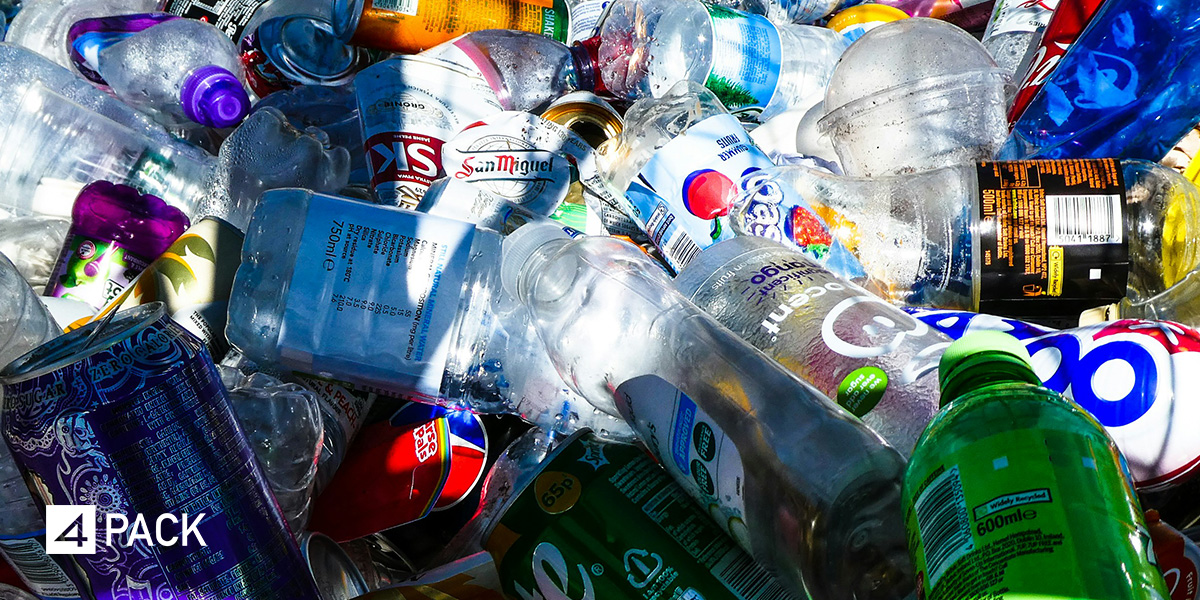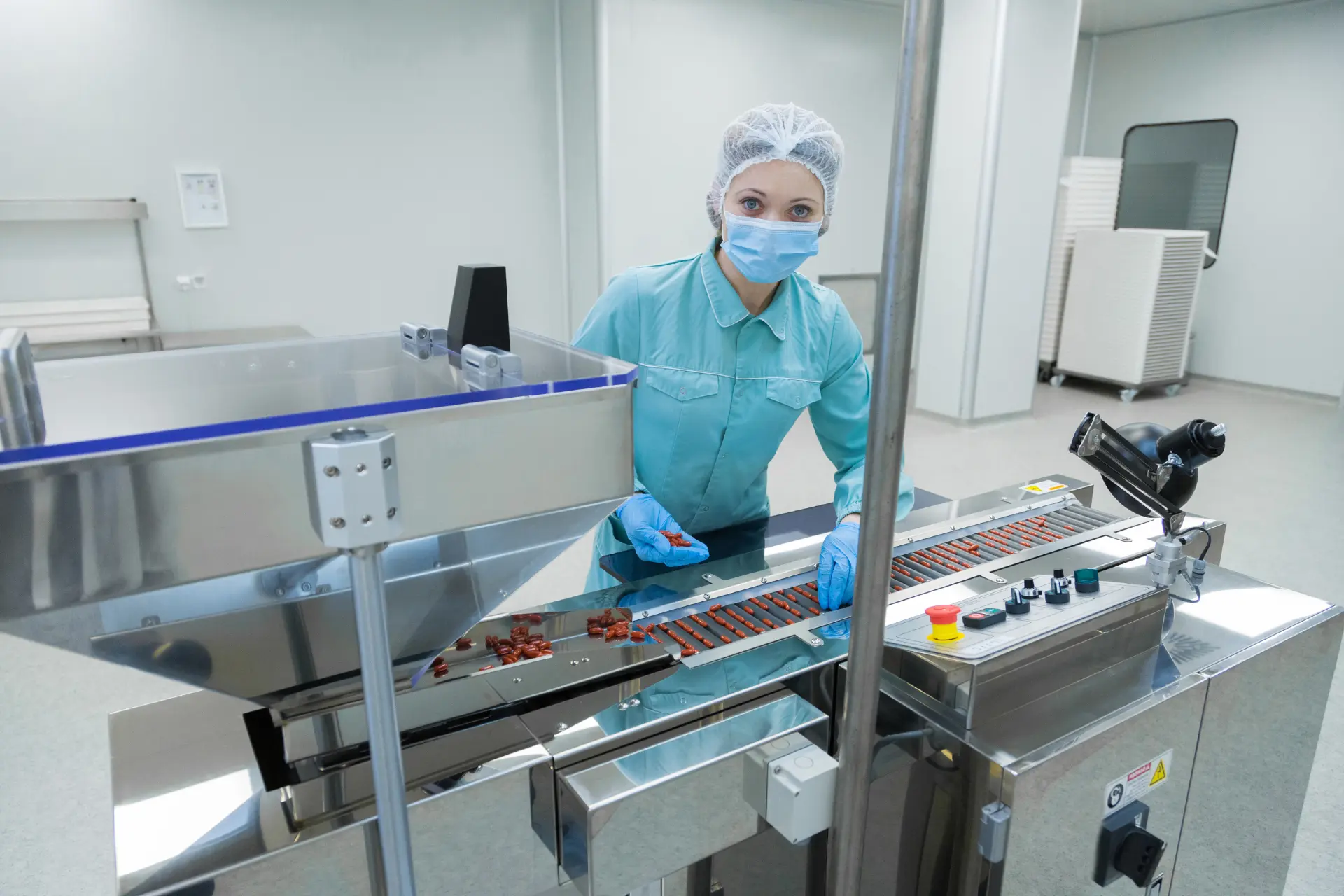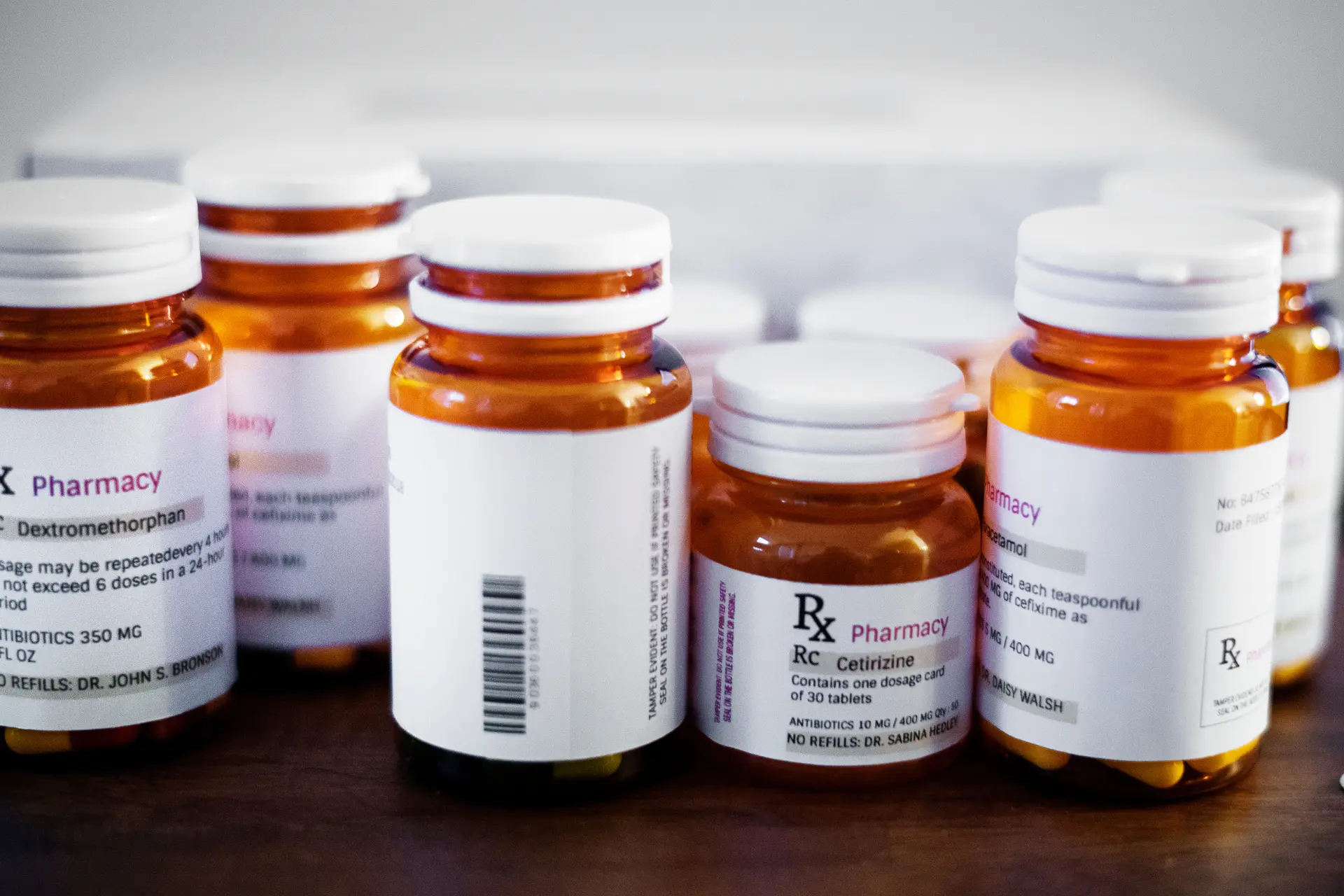It is increasingly evident that DRS progress in the UK is lagging. The shape and scope of the England Deposit Return Scheme seems barely off the drawing board. Although Wales’ scheme seems to be developing, Scotland’s DRS scheme has been delayed.
Stephen Barclay, Environment Minister, admitted in late March 2024 that any aligned scheme from the Government is unlikely before 2027 – at the earliest.
This leaves beverage businesses either based in or marketing into the UK, in limbo.
Whether or not the UK gets its return and refund for recycling act together, drinks manufacturers will face drastic consequences if they are unprepared for DRS.
They must cope with differing and delayed DRS schemes across the UK as well as adapt to other DRS schemes in Europe. This is hard when the landscape and timeline both keep changing
DRS schemes will impact how they operate in many ways. It will require a far better grasp on every aspect of artwork, labelling and packaging data management.
Read more about Dissonance in DSR and why it seems the UK is being sluggish
Warning: the UK risks being the ‘dirty man of Europe’
Soft drinks bosses and environmental organisations are urging ministers to implement DRS schemes in a more coherent way across the UK, or face dire consequences.
Julian Hunt, vice-president of Coca-Cola Europacific Partners, compared the UK to other European countries, when speaking at a recent conference. He cited Ireland, which has seen great DRS success, in comparison.
He warned that UK inaction around deposit return and recycling could result in the country being labelled the “dirty man of Europe”, a reference to Chris Rose’s 1991’s paperback, The Dirty Man of Europe: Great British Pollution Scandal.
Meanwhile, the mounting issue of plastic waste continues to plague the UK countryside and most of its beaches – one driver of recent plastic packaging tax regulation.
England deposit return scheme in the European context
Where would an England Deposit Return Scheme system sit, in comparison to the rest of Europe?
Statistics compiled by Reloop reveal just how far behind the UK is, compared to its European neighbours.
The data first looked at which European countries already have DRS in place, versus those which are adopting similar schemes and those only in the discussion stage. They compareed the PET bottle collection rate by country.
It concluded that the most successful 5 European countries were:
- Germany – collects 98% of bottles – implemented DRS in 2003
- Finland – collects 96% of bottles – implemented DRS in 1996
- Denmark – collects 93% of bottles – implemented DRS in 2002
- Norway – collects 92% of bottles – implemented DRS in 1999
- Iceland – collects 91% of bottles – implemented DRS in 1989
The UK scrapes 59% with no unified DRS system.
Greenpeace UK political campaigner, Rudy Schulkind spoke to the Grocer and said: “The UK is supposed to be taking a high-ambition role in negotiating a global treaty to address the plastic crisis and radically reduce plastic production at source.
“Instead, we are failing to introduce the kind of simple, popular system that our European neighbours have been running for years.”
Beverage businesses left in limbo on DRS
It is small wonder that UK drinks businesses and others marketing here are left scratching their heads. They have no detailed idea about how DRS may affect them.
Smart companies are already working hard to ensure that they can specify and manage artwork, labelling, packaging information overall. They will need this in order to best navigate what looks like a highly changeable and uncertain few years.
Is your company considering how to navigate in a turbulent DRS environment? Talk to 4Pack today. Our experts in artwork, labelling, specification and packaging data management can help you implement a technical strategy for change.



